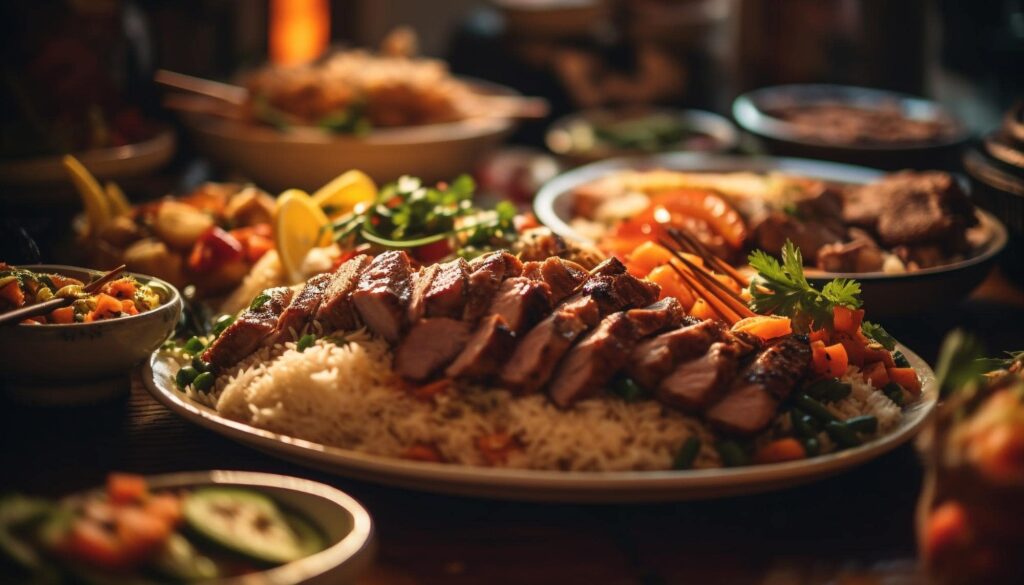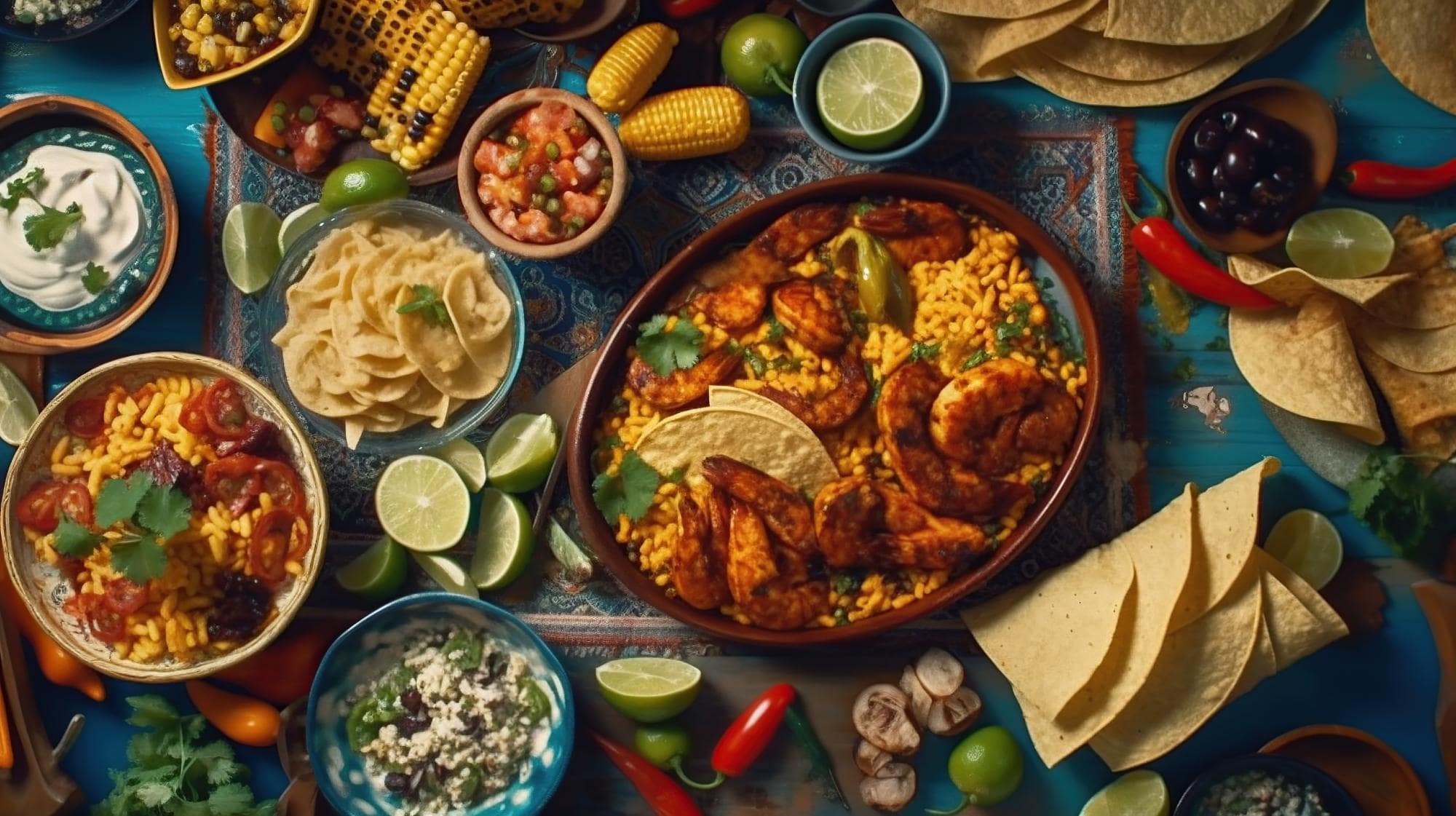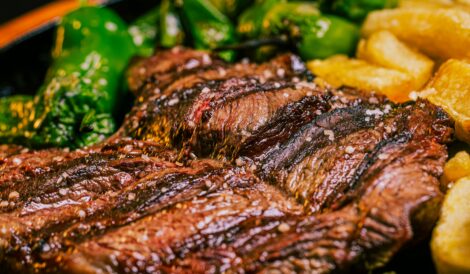Food catering has become an integral part of the hospitality industry, offering a unique blend of culinary expertise and event planning. Whether it’s a lavish wedding, a corporate conference, or a casual gathering, food catering plays a crucial role in creating memorable experiences for guests. This article explores the art of food catering and its significance in the world of hospitality.
At its core, food catering is about more than just providing sustenance; it’s about crafting a multisensory experience that delights the palate and captivates the senses. Catering professionals meticulously curate menus, taking into consideration themes, dietary preferences, and cultural influences. From exquisite appetizers to decadent desserts, every dish is thoughtfully designed to leave a lasting impression.

One of the key strengths of food catering lies in its versatility. Caterers can adapt their offerings to suit a wide range of events, from intimate dinners to large-scale celebrations. The ability to customize menus ensures that each event is unique and tailored to the client’s vision. This personalized approach is what sets food catering apart and allows hosts to provide an unforgettable experience for their guests.
In addition to culinary expertise, successful food catering requires impeccable organization and execution. Caterers work closely with event planners and clients to ensure that every detail, from table settings to service timing, is flawlessly coordinated. The goal is to create a seamless and enjoyable dining experience that leaves guests impressed and satisfied.
Moreover, the rise of food tourism and the appreciation for diverse cuisines have further elevated the importance of food catering. Clients now seek out caterers who can offer a wide range of international flavors and specialty dishes. This demand has led to a fusion of culinary traditions, where caterers creatively blend global influences to create innovative and exciting menus.
Technology has also played a significant role in revolutionizing the food catering industry. Online platforms make it easier for clients to browse menus, place orders, and communicate their preferences. Digital tools aid in streamlining communication between clients, caterers, and event planners, ensuring that expectations are met and exceeded.
In conclusion, food catering is an art form that goes beyond serving meals; it’s about crafting exceptional culinary experiences that resonate with guests long after the event. The meticulous attention to detail, the ability to adapt to diverse preferences, and the seamless execution make food catering an essential component of the hospitality industry. As the industry continues to evolve, the art of food catering will remain a cornerstone of creating unforgettable moments.




